Letter from the Dean
In the 1980s, a group of scientists in Japan was analyzing a particular gene in the bacteria Escherichia coli when they discovered something curious – a cluster of repeated short DNA sequences regularly interrupted by other unique sequences of a constant length. This type of clustered repetitive sequence was discovered again in another bacterium in the 1990s and, through other studies, it was later found to be the most widely distributed type of repeat among prokaryotic genomes.
Add two more decades of continued scientific research building on these foundational studies, and today we have one of the most powerful genetic tools in history, known as CRISPR-Cas9. How the CRISPR sequences function in bacterial immunity is highly complex, and in 2020 Emmanuelle Charpentier and Jennifer Doudna were awarded the Nobel Prize for creating a simplified version for use in gene editing. This consists of guide RNA sequences (CRISPR sequences) and the Cas9 enzyme that recognizes these sequences and cleaves complementary sequences within long strands of DNA.
Today, CRISPR-Cas9 is being used in labs around the world, including those at Colorado State University, for precise editing of genes found in plants, animals, and bacteria. It has already been used in humans to cure certain genetic diseases and shows tremendous promise for use in agriculture and health care.
The researchers pursuing fundamental research on E. coli in the 1980s and ‘90s did not know the impact of their discovery, but what they did know was the importance of advancing scientific frontiers and publishing their results. This revolutionary technology would not have been possible without that basic, foundational research.
All scientific discoveries begin in foundational science. Every day in the College of Natural Sciences, we have faculty, students, and staff who are making the types of discoveries and asking the types of questions that will advance our understanding of the world around us and the innovations of the future.
This year, we are dedicating our magazine to stories that illustrate how we are advancing scientific frontiers: from research in renewable energy to being the first to demonstrate genome-level climate adaptation. The College of Natural Sciences prepares scientists for the future by continuously developing new classes and concentrations and by sharing discoveries with the world via publication and conference presentations and with essential partnerships such as those at CSU Spur.
The foundational knowledge that we are pursuing today will have a profound impact on all our futures. I hope these stories ignite a passion for and championship of our most foundational work. Enjoy!
Simon Tavener

Interim Dean, College of Natural Sciences
Read the Go Boldly strategic plan @ col.st/go-boldly
